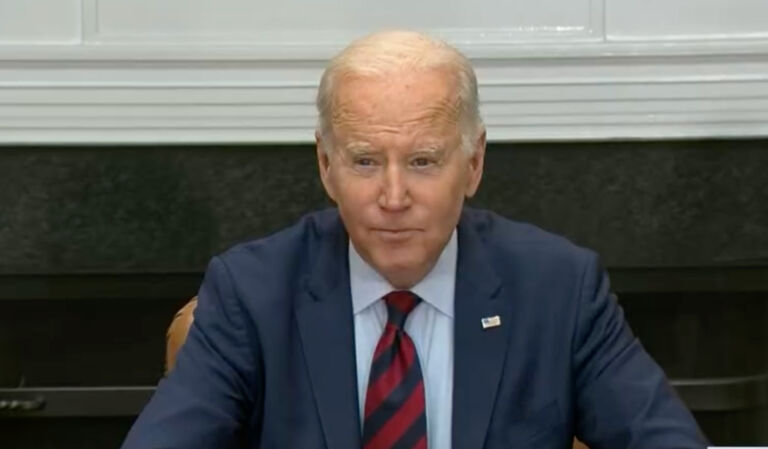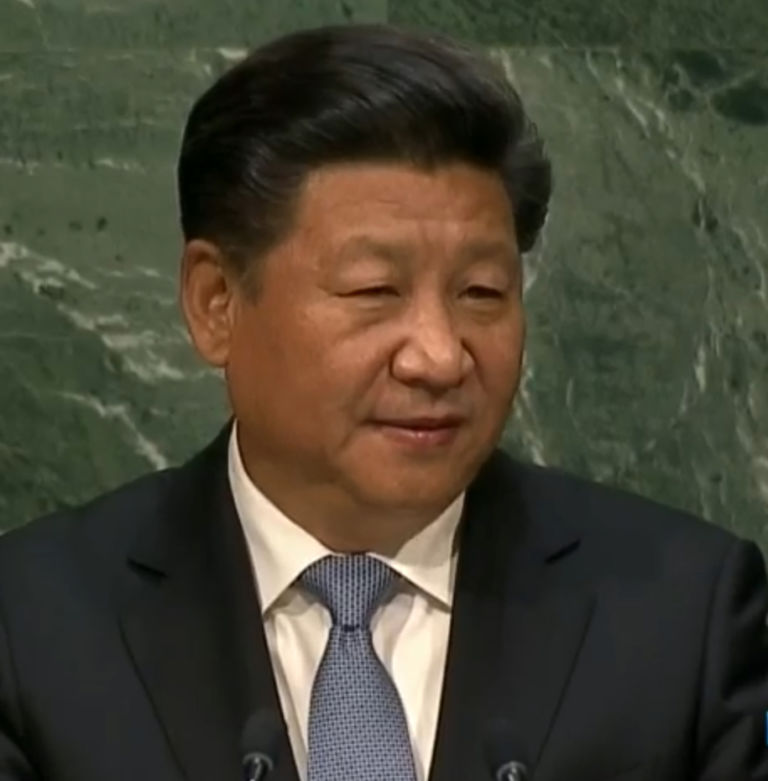Andrew Stuttaford of National Review Online pans a conference this week on American-Chinese relations.
The best approach to handling our economic relationship with Beijing must be (this ought to be too obvious to need saying, but . . .) shaped by the understanding that under the current regime China is not America’s friend, and that’s not something that is going to change any time soon.
Beijing’s ambition is to replace what it regards as American “hegemony” with a Sino-centric world order, reshaped in a way that reflects its own priorities, an ambition that will not be blunted by closer trading ties. Indeed, the more those ties increase U.S. dependency on China, the greater the danger that Beijing will be tempted to speed up along its current course.
One of the reasons that Putin felt that he could risk invading Ukraine was Europe’s dependency on Russian natural gas. At least in 2014 (the year of the first Russian invasion of Ukraine) he was proven right.
A realistic approach must also involve the recognition that, economically, a significant decoupling from China is desirable but will take quite some time. Sadly, that doesn’t seem to be the thinking behind a conference that is being held in Shanghai this week. The main mover behind the conference is JPMorgan, and the idea, according to the Financial Times, “underscores corporate America’s attempts to keep plans on track in the world’s second-biggest economy.”
If those plans involve anything other than preparing for a strategic retreat, however camouflaged, they are not plans, but dangerous illusions. …
… Under China’s economic model, a form of harnessed capitalism far closer to fascism than communism, it is the state that counts, not the CEO. Talking to a Chinese CEO is, when it really counts, a meaningless exercise. All the U.S. attendees are doing at this conference is humiliating themselves and providing further evidence to the Beijing regime that it has the upper hand.


